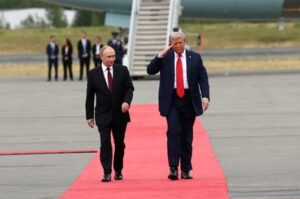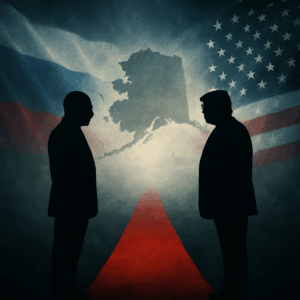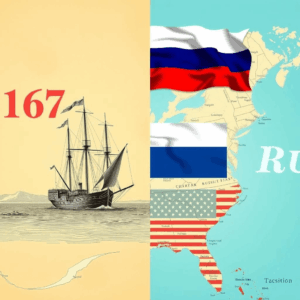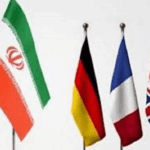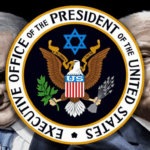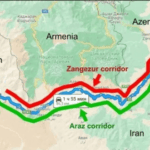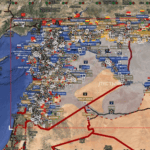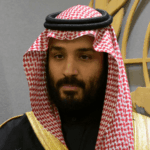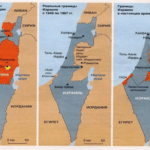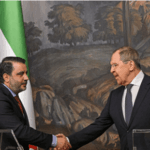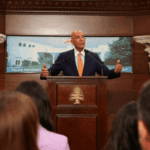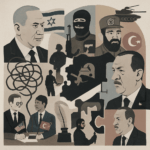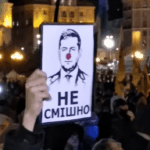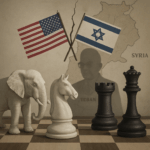95,1% за Асада: выборы или ритуал? В разгар войны, экономической блокады и пандемии Сирия провела президентские выборы, которые Запад назвал «фарсом», а Дамаск — «торжеством демократии». Голосование прошло только на подконтрольных правительству территориях, без миллионов беженцев и под международные осуждения. Но за формальными цифрами скрывается главный вопрос: что на самом деле показали эти выборы о будущем Сирии и балансе сил в затянувшемся конфликте?
26 мая 2020 года на подконтрольных Дамаску территориях прошли президентские выборы. Это вторые выборы с момента начала сирийского кризиса в 2011 году. Голосование состоялось в условиях продолжающейся войны, экономической блокады, пандемии COVID-19 и жестких международных разногласий относительно легитимности самого процесса.
Under the 2012 Syrian Constitution, candidates had to secure the support of at least 35 members of the People's Council, which is dominated by the ruling Baath Party. Out of 51 applications, the Supreme Judicial Election Committee allowed only three candidates: incumbent President Bashar al-Assad, as well as two formal opponents, Abdallah Salloum Abdallah and Mahmoud Ahmar Marei, whose participation was considered decorative by many experts.
Voting took place only in government-controlled territories, excluding Idlib, Kurdish-ruled northeastern regions and areas under Turkish occupation. Official media broadcast footage of a "massive turnout," but the opposition and Western countries called the process a "farce," pointing to the absence of millions of refugees and displaced people disenfranchised.
Results and reactions
Bashar al-Assad won 95.1% votes, his "rivals" 3.3% and 1.5% - these are the official election results. The regime presented it as a "triumph of popular will," but critics saw in the numbers only a confirmation of the authoritarian system.
International reaction was split, with Russia, China and Iran congratulating Assad, while the US, EU and Arab monarchies rejected the results, recalling UN Security Council Resolution 2254, which requires internationally supervised elections.
For the Syrian opposition - both internal and expatriate - the vote was a "spectacle" designed to consolidate Assad's power, pointing to the impossibility of real competition due to the 35-deputy signature limit, the exclusion of millions of refugees and residents of uncontrolled territories, and the absence of independent observers, which deprived the process of transparency. For the opposition, the outcome of the vote meant the regime's rejection of a political settlement and the consolidation of the status quo achieved by military means.
The 2020 Syrian elections were not just a procedure for extending power, but a mirror of a deep crisis. The regime used them to demonstrate control, while the opposition used them to confirm its intransigence. Meanwhile, the country remained divided, with some celebrating "victory" and others burying hopes for change.
The war in Syria has long since ceased to be just a Syrian war - it has become a clash of global interests. And the presidential elections, which took place amid the whistle of bullets and the sound of bombing, only emphasized that Syria is still a long way from true peace.
Adel Moussa


